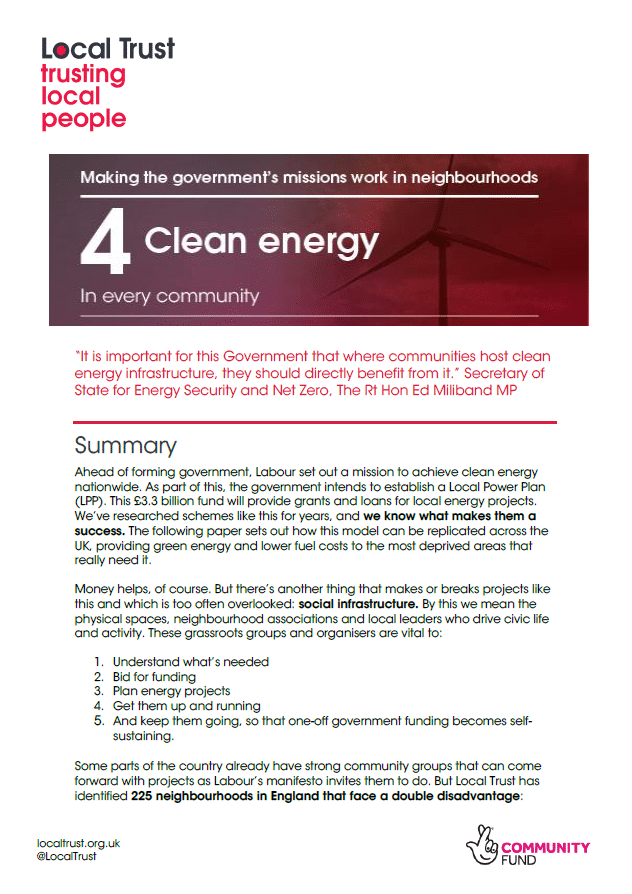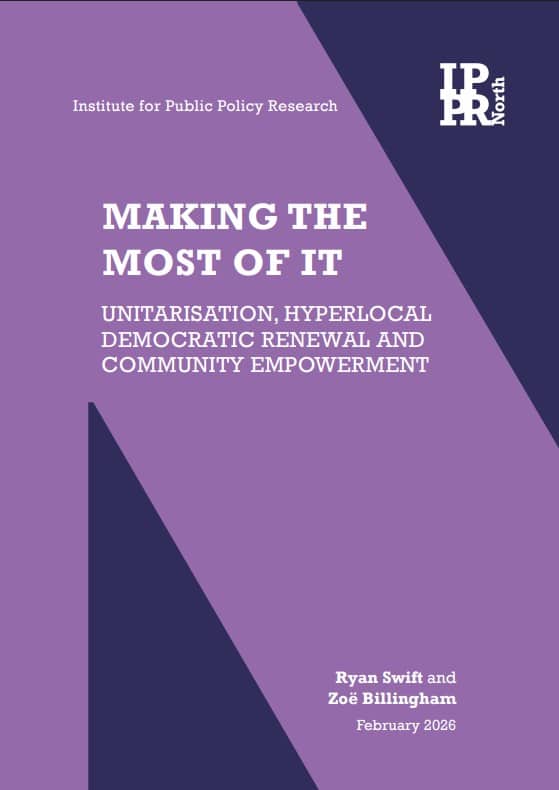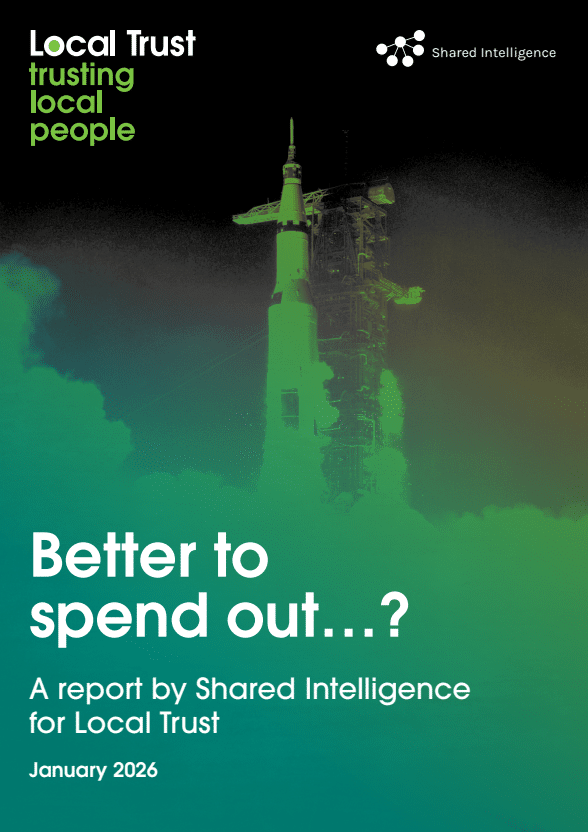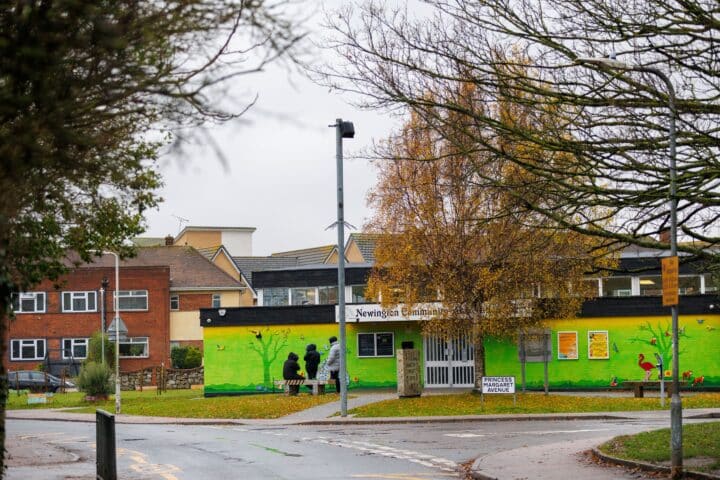Clean energy: In every community
This paper examines Labour’s mission to establish a Local Power Plan, how community-based energy projects are vital in the national transition to cleaner energy, and what the government must do to ensure no places are left behind in this transition.

This paper explores how, in the national transition to cleaner energy, community-based energy projects across the country have a vital role to play. Ahead of forming the new government, Labour set out its mission to establish a Local Power Plan (LPP) as part of this mission.
Over the course of this parliament, the LPP is planned to be worth around £3.3billion, with grants and loans available to local authorities and communities to “create one million owners of local power” (Labour party, 2023).
While Local Trust welcomes the LPP, we urge the new government to consider carefully how these grants and loans are distributed. Over the past decade, many deprived communities across the UK have seen their social and civic infrastructure severely eroded. This means that the areas most in need of LPP funding will also be those least able to bid for it.
The Labour government’s clean power mission rightly identifies “former industrial heartlands and coastal communities” as in need of targeted support in the green energy transition (Labour party, 2023). Already acutely weakened by the deindustrialisation of the 80s, in recent years these areas have suffered most from economic decline, increased deprivation, and austerity-driven cuts to local government services.
This paper shares five recommendations to the government for how it can ensure no places are left behind in the transition to green energy.
It forms part of our series of short papers, ‘Making the government’s missions work in neighbourhoods’. The series explores how learning from the Big Local programme can inform the delivery of the Labour government’s five missions, and where these could have the greatest impact – at the neighbourhood level. These missions span policy across health, economic growth, education, energy and crime.



